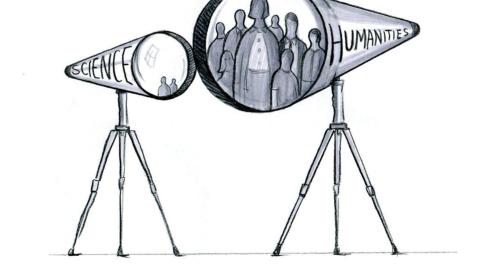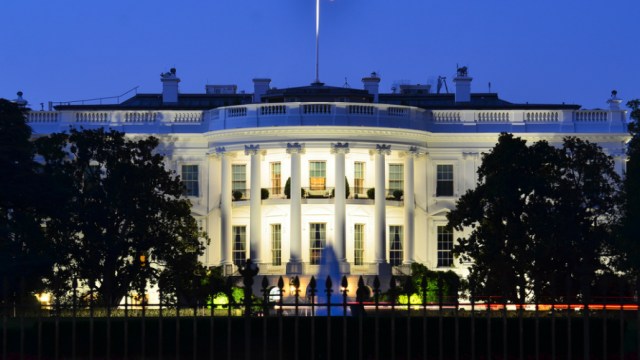Reason Is Larger Than Science

“Reason is larger than science.” So Leon Wieseltier reminds us (while defending the humanities against Steven Pinker’s science cheerleading).
1. The closer we get to human patterns, the more useful the logic and lexicon of the humanities is. If well practiced, science reduces biases and errors, but it grants no immunity to nonsense.
2. Scientists often seek a mathematical “totalizing” theory, however such “monotheorism” risks“theory-induced blindness.” And mathematics is a subset of logic. Plus its tools aren’t always useful.
3. Wieseltier mixes too much in putting “physics and biology and economics” in the science bucket. That list starts deep in science territory, but ends in the contested border zone. Economics, and social sciences, are categorically different than physics.
4. John Stuart Mill warned that economics “predicts only such … phenomena … as take place in consequence of the pursuit of wealth. It makes entire abstraction of every other human passion or motive.” He predicted anyone “who has studied no science but [economics], if he attempts to apply his science to practice, will fail.”
5. Mill was right. All the arts, and your own life, testify: We’re more than money-maximizing machines. Economics’ desire for grand unifying theory has led it, and us, astray. “Utility” as uber-motive, the single thing we always maximize, abstracts away our humanness and variability. We’re imprudent, easily duped, herd-following, muddlers, not maximizers.
6. Economics may have some physics-like aspects, but economists who bother with observable behavior quickly encounter our unphysicsy features. Economics, or any human field, must handle evidently heterogeneous human motives. Economics could fruitfully be more like fiction, and history, and pretend less to perilous physics-ness.
7. Mill said, “Laws of mind and laws of matter are so dissimilar … it would be contrary to all principles of rational arrangement to mix them.” Much of nature mindlessly makes physics-like patterns. But our minds make varying choices. Nothing in physics chooses. Or innovates. Or changes its behavior because of new ideas. People do. We’re not biological billiard balls. Economics itself promotes ideas that change behaviors (sometimes disastrously).
8. Not all non-science is nonsense. Far from it, much of non-science is logical; its reasoning is locally reliable. Many reliable skills and arts are unscienced (deploying qualitative facts without underlying unified theory). And all that’s subjective remains unscience-able.
9. Many tend now to defer to “the science” mindset. It would be wiser to use diverse thinking tools, to reason humbly, and artfully fit the tool to the task. Much is logically true without “the numbers.”
The porous border between science and the humanities must be patrolled for nonsense smuggled in either direction. Neither has a monopoly on reason. Wieseltier is logically correct. Logic dictates we need the humanities…
Illustration by Julia Suits, The New Yorker Cartoonist & author of The Extraordinary Catalog of Peculiar Inventions.





